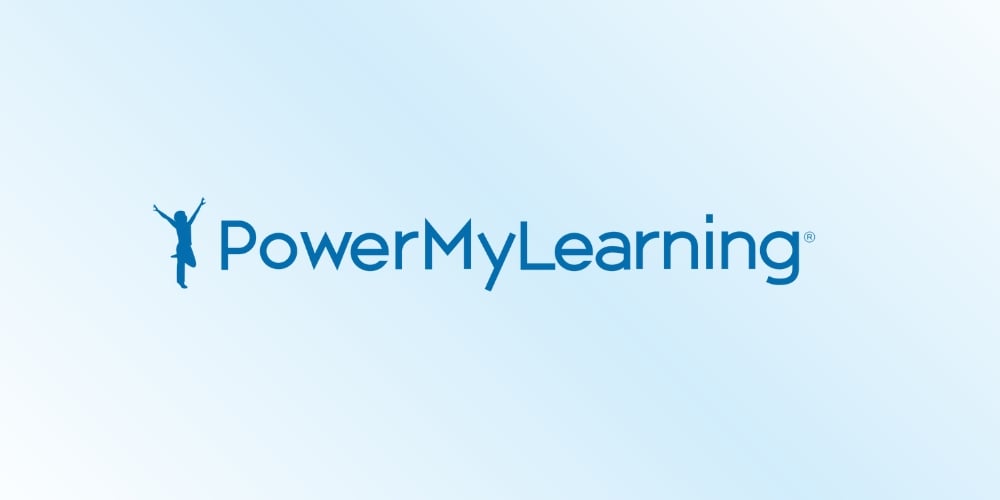Empowering Black Students: Math Gains Through Teacher Development and Family Engagement
Summary
PowerMyLearning (PML) schools demonstrated significantly better math achievement gains than comparison schools, across Los Angeles, New York City, and Atlanta. PML schools with a high proportion of Black students demonstrated even stronger math achievement gains versus comparison schools with equivalent demographics.
These findings demonstrate the strong positive impact that PML can have on math achievement, especially among students from historically marginalized communities.
PowerMyLearning Programming
PML schools participated in programming over six school years (2012-2018). PML schools received a minimum of 20 days of instructional coaching for grades 3-8 math teachers, school leader support through biweekly meetings, and family engagement support.
Results
All Schools
PML schools had +7.1% better average annual change in the percent of students scoring at or above proficiency on math assessments versus comparison schools (PML mean: 4.7% v. Comparison mean: -2.4%). A repeated measures ANOVA indicated that PML schools had significantly better annual gains than comparison schools (p<.05, ηp2=.13).
.png?width=2880&height=1620&name=National%20Multi%20Year%20Analysis%20Data_Annual%20Change%20in%20math%20proficiency%20(1).png)
Schools with a High Proportion of Black students
Within the schools with a high proportion of Black students, PML schools had +10.7% better average annual change in the percent of students scoring at or above proficiency on math assessments versus comparison schools (PML mean: +7.5% v. Comparison mean: -3.2%). A repeated measures ANOVA showed that PML schools with a high proportion of black students had significantly better annual gains than comparison schools with comparable demographics (p<.01, ηp2=.43).
Study Details
To examine PML’s impact on math achievement, we used a quasi-experimental design (QED) comparing PML schools’ performance on the statewide standardized math assessment with that of matched comparison schools. The study included 17 PML schools in the Los Angeles, New York City and Atlanta over six school years (2012-2018) and 17 matched comparison schools. Average annual change for each PML school was calculated at the grade level for grades 3-8 using publicly available state-wide assessment data. Grade-level averages were then combined to generate a school-level average.
For each PML school, a comparison school was selected using a two-step process that included: (1) generating a pool of matched comparison schools to select from, and (2) using an index score to select one comparison school from the pool. A pool of matched comparison schools was generated for each PML school based on proximity (same county as PML school), poverty demographics (free and reduced lunch eligibility greater than or equal to 75%), racial/ethnic demographics (most prevalent racial/ethnic group within 20% of PML school), school size (grade level enrollment within 60 students of PML school) and baseline math proficiency (proficiency within +/- 5% of PML school).
About PowerMyLearning
PowerMyLearning is a national nonprofit that works hand-in-hand with educators and leaders to foster equitable learning environments that empower each student to thrive academically, socially, and emotionally. As a professional learning organization, PowerMyLearning equips K-12 teachers and leaders with the expertise they need to ensure students master grade-level math content while developing critical skills for lifelong success. Programs include professional development, instructional coaching, and innovative tools like Family Playlists®, which foster meaningful math discourse, support multilingual learners, and actively engage families in the learning process.
With over 25 years of experience serving historically marginalized communities, PowerMyLearning’s work is backed by strong evidence. PowerMyLearning’s research has shown statistically significant improvements in math achievement, including a +13% increase in iReady scores over two years, along with statistically significant gains in social emotional learning (SEL), such as self-efficacy and growth mindset. Findings also indicate statistically significant improvements in teacher practice, including enhancing instructional design, data-driven instruction, and SEL-aligned teaching strategies. To learn more, visit PowerMyLearning.org/Impact.



